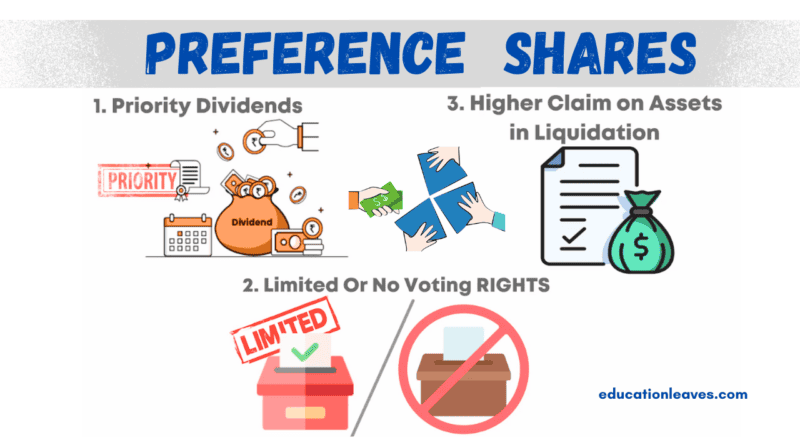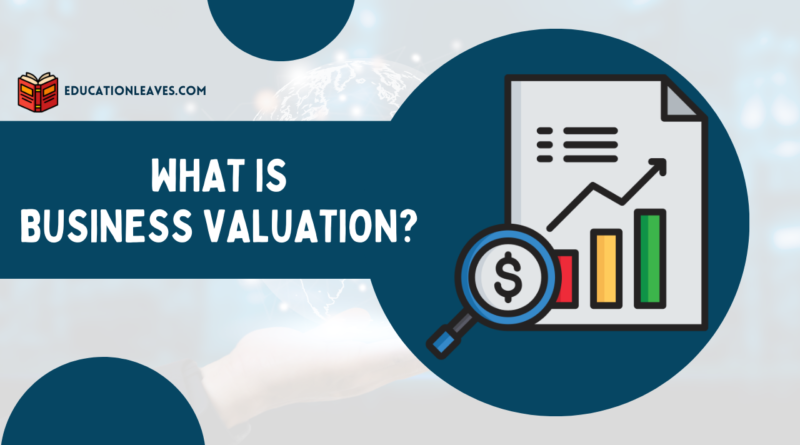What are the DVR Shares or Differential Voting Rights? [PDF Included] Everything You Need to Know
DVR shares are a class of equity that deviates from the norm in terms of voting rights. Unlike their ordinary share counterparts, DVR shares imbue shareholders with voting power that can be either amplified or diminished. The specific allotment of voting rights hinges upon the terms established by the company during the issuance of these shares.
Read More









